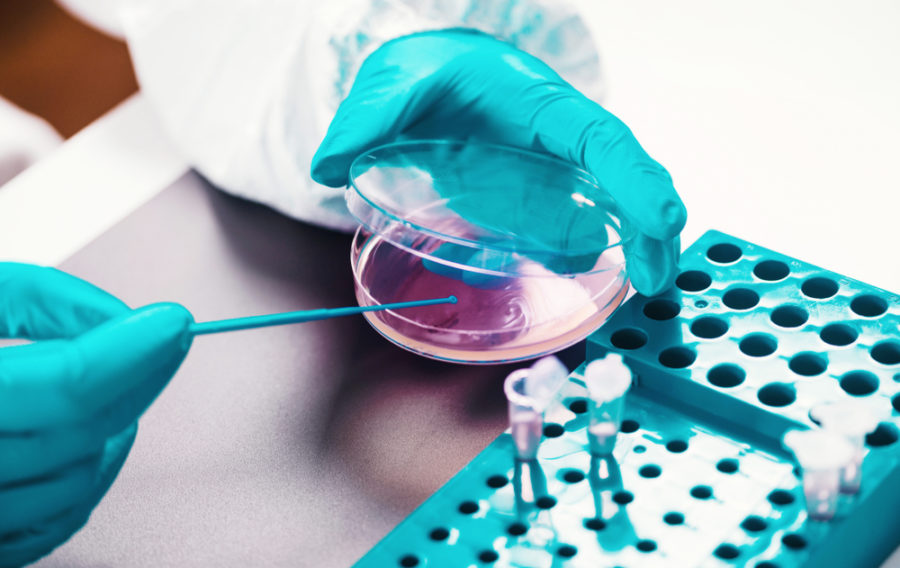
DARPA has announced that it has selected three performer teams to support the Harnessing Enzymatic Activity for Lifesaving Remedies (HEALR) program.
Groups from Yale University, University of Washington, and Broad Institute plan to utilise a new therapeutic approach and novel protein degradation strategies/modalities to permit a flexible and rapid response for targeting emerging microbial threats.
These research teams plan to leverage different approaches to tackle these challenges:
- The Yale team will focus on using synthetic chemistry and the body’s own protein recycling systems to destroy bacterial pathogens.
- The University of Washington plans to create and refine tools that allow for the manipulation of the relationship between the human body and an invading bacterium to neutralize and destroy the invader.
- The Broad Institute will use chemical biology, chemistry, and drug discovery methodologies to discover and exploit key weaknesses in a pathogen, then leverage the body’s elimination mechanisms to destroy them.
“The discovery of penicillin fundamentally changed the landscape of human health, saving the lives of millions of people from bacterial disease,” noted Seth M. Cohen, Ph.D., program manager for the HEALR program. “HEALR aspires to do the same by extending our ability to keep warfighters healthy, speed their recoveries, and control infection. We have confidence that the teams selected have the expertise, drive, and creativity necessary to meet these ambitious goals.”
The HEALR program will address three Technical Areas (TAs) and be divided into three phases. The goal of TA1, “Microbial Targeting” is to identify suitable targets and develop ligands by which to demonstrate HEALR activity against DoD priority pathogens. TA2 “Host Machinery Engagement” will focus on the development of ligands to engage new host machinery and demonstrate protective activity against threat targets. TA3 “Platform Integration” will be used to optimize linker development, model ligand binding dynamics, and develop the HEALR therapeutic platform.
During the 24-month Phase 1, efforts will focus on the targeting ends of the HEALR therapeutic and showing the effectiveness of the HEALR concept. In the 18-month Phase 2, performers will seek to further refine the technology, and demonstrate therapeutic efficacy against a pathogenic target assigned by the DARPA team. By the end of the four-and-a-half-year program, DARPA will require teams to submit novel drug candidates to the U.S. Food and Drug Administration for review as an Investigational New Drug or for Compassionate Use.
“Drugs that can target and eliminate even highly resistant and immune-evasive bacterial infections can shorten recovery time, reduce injury complications, and save lives,” added Cohen. “That is the ultimate outcome we are seeking for warfighters.”
If you would like to join our community and read more articles like this then please click here







